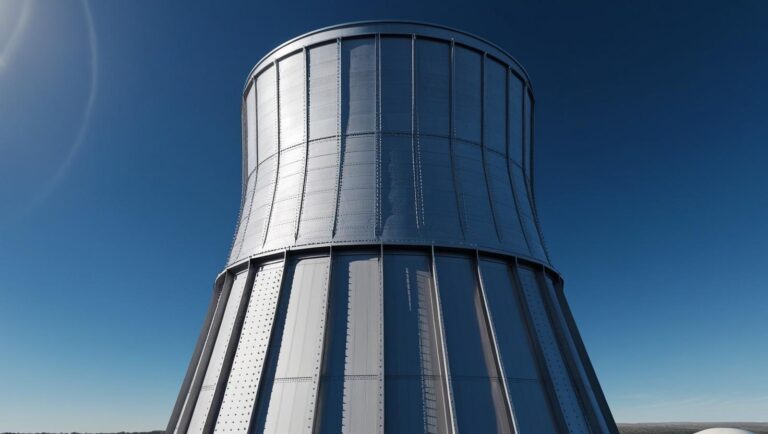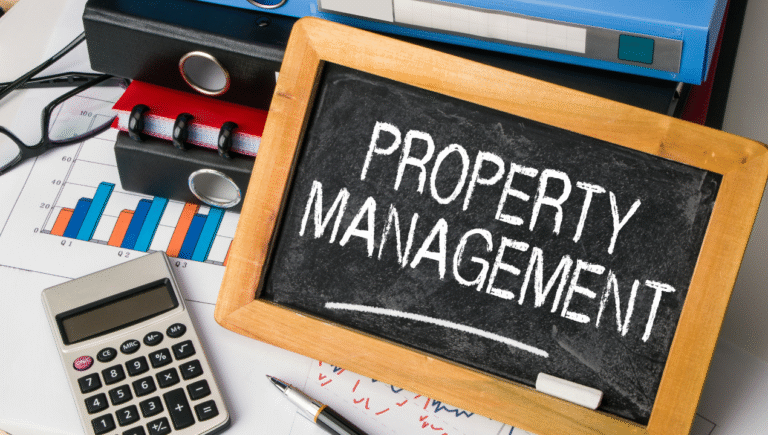Heat Pump Repair Guide: Everything You Need to Know
If your heat pump is acting up, you’re not alone. Heat pumps are versatile and efficient systems for heating and cooling your home, but they do require occasional repairs to keep running smoothly. Whether your unit is blowing cold air when it should be heating, making weird noises, or failing to turn on altogether, this guide will walk you through what you need to know about heat pump repair. From diagnosing common problems to understanding when to call a professional, we’ve got all the essential information covered.
By the end of this post, you’ll have a clearer understanding of how your heat pump works, how to troubleshoot minor issues, and when it’s time to seek expert help.
How Does a Heat Pump Work?
Before we get into repairs, it’s important to understand how a heat pump operates. Heat pumps work by transferring heat rather than generating it. During the winter, they extract heat from outdoor air (even when it’s cold) and bring it inside. During the summer, the process reverses, expelling heat from your home to cool it.
This transfer of heat is made possible with the help of a few key components, including the compressor, refrigerant, outdoor unit, and indoor handling system. Any disruption in these components could lead to issues requiring repair.
Common Heat Pump Problems and How to Address Them
Not all heat pump issues require professional intervention. Some are quick fixes you can do yourself, while others may require an experienced technician’s expertise. Here are the most common problems and how to resolve them.
1. Heat Pump Isn’t Turning On
Possible Causes:
- Thermostat issues
- Power supply problems
- Tripped circuit breaker
Troubleshooting Tips:
- Check the thermostat: Ensure it’s set to the appropriate mode (heat or cool) and the desired temperature. Replace the thermostat batteries if necessary.
- Inspect the circuit breaker: A tripped circuit breaker might be the culprit. Reset it and see if the unit powers up.
- Examine power connections: Check that your heat pump is securely plugged in.
If these steps don’t work, the problem could lie with the internal wiring or the compressor, and it’s time to call a technician.
2. Heat Pump is Blowing Cold Air During Heating Mode
Possible Causes:
- Dirty air filters
- Refrigerant levels are low
- An issue with the reversing valve
Troubleshooting Tips:
- Replace or clean the air filters: Clogged air filters can block airflow, causing the heater to underperform. Air filters should be replaced or cleaned every 1-3 months, depending on your system.
- Check for frozen coils: Turn off the heat pump and inspect the outdoor unit coils. If they’re covered in ice, this could be a sign of low refrigerant or poor airflow.
- Call a professional: If the reversing valve is stuck or malfunctioning, you’ll need a certified technician to fix it.
3. Heat Pump is Making Strange Noises
Possible Causes:
- Loose components
- Worn-out bearings in the motor
- Debris in the outdoor unit
Troubleshooting Tips:
- Turn off the unit immediately: Continued operation can cause further damage.
- Inspect for debris: Clear away any foreign objects caught in the outdoor unit.
- Check for loose screws: Tighten them, if needed.
- If the noises persist, it’s likely a mechanical issue, and you should contact a technician.
4. Short Cycling (Turning On and Off Frequently)
Possible Causes:
- Thermostat placement or settings
- Dirty air filters
- Issues with the refrigerant levels
Troubleshooting Tips:
- Relocate the thermostat: If it’s placed near a heat source or a drafty area, it can misread the room’s temperature.
- Clean filters and check airflow: Poor air circulation can strain the system.
- Get professional help: Refrigerant issues require proper tools and expertise.
When Should You Call a Professional?
While basic troubleshooting can solve many problems, some situations require professional repairs. Below are examples of when you should bring in an expert to ensure safe and efficient repairs.
1. Refrigerant Leaks
Refrigerant is crucial for your heat pump’s operation, and handling it improperly can pose safety risks. HVAC technicians are trained and certified to handle refrigerants and can detect and fix leaks efficiently.
2. Electrical Issues
If the problem involves faulty wiring or components, leave it to the experts. Electrical repairs involve a significant safety risk if done incorrectly.
3. Persistent Problems or Complex Repairs
If troubleshooting doesn’t resolve the issue or the heat pump repeatedly breaks down, it’s best to bring in a professional for a more comprehensive diagnosis and repair.
Preventive Maintenance Tips
The best way to avoid costly repairs is to stay on top of preventive maintenance. A well-maintained heat pump is less likely to experience breakdowns, lasts longer, and operates more efficiently. Here are some tips to keep your system in top shape.
- Clean or Replace Air Filters Regularly
Dirty filters restrict airflow and reduce efficiency. Aim to replace or clean them at least once a month during peak usage.
- Keep Outdoor Unit Clear
Ensure there’s at least 2 feet of clearance around the outdoor unit. Regularly remove leaves, branches, and other debris.
- Schedule Annual Professional Maintenance
An HVAC technician can perform a detailed inspection and tune-up to ensure your heat pump is operating efficiently and free of hidden issues.
- Monitor the Thermostat
Check your thermostat settings and battery life periodically. Upgrading to a programmable or smart thermostat can also improve energy efficiency.
How Much Does Heat Pump Repair Cost?
The repair cost can vary depending on the type of repair, the extent of the damage, and the service provider. Here’s a general breakdown of common repair costs:
- Thermostat repair/replacement: $100–$300
- Refrigerant leak repair: $200–$1,500
- Reversing valve replacement: $500–$2,000
- Electrical repairs: $150–$500
- Compressor replacement: $1,200–$2,800
Regular maintenance can significantly reduce these costs by preventing major repairs.
Finding the Right HVAC Technician
If you need professional assistance, choosing the right technician can make all the difference. Keep the following tips in mind when hiring someone for heat pump repair.
- Look for experience with heat pumps specifically
- Check certifications and licenses
- Read reviews and ask for references
- Compare quotes from multiple service providers
Keep Your Heat Pump Running Smoothly
A heat pump repair is a valuable investment in your home’s comfort and energy efficiency. By staying proactive with maintenance and knowing how to address common issues, you can keep it running smoothly for years.
If you notice persistent issues or don’t feel comfortable tackling repairs yourself, don’t hesitate to contact a professional HVAC technician. With the right care and attention, your heat pump can efficiently keep your home warm in the winter and cool in the summer.








